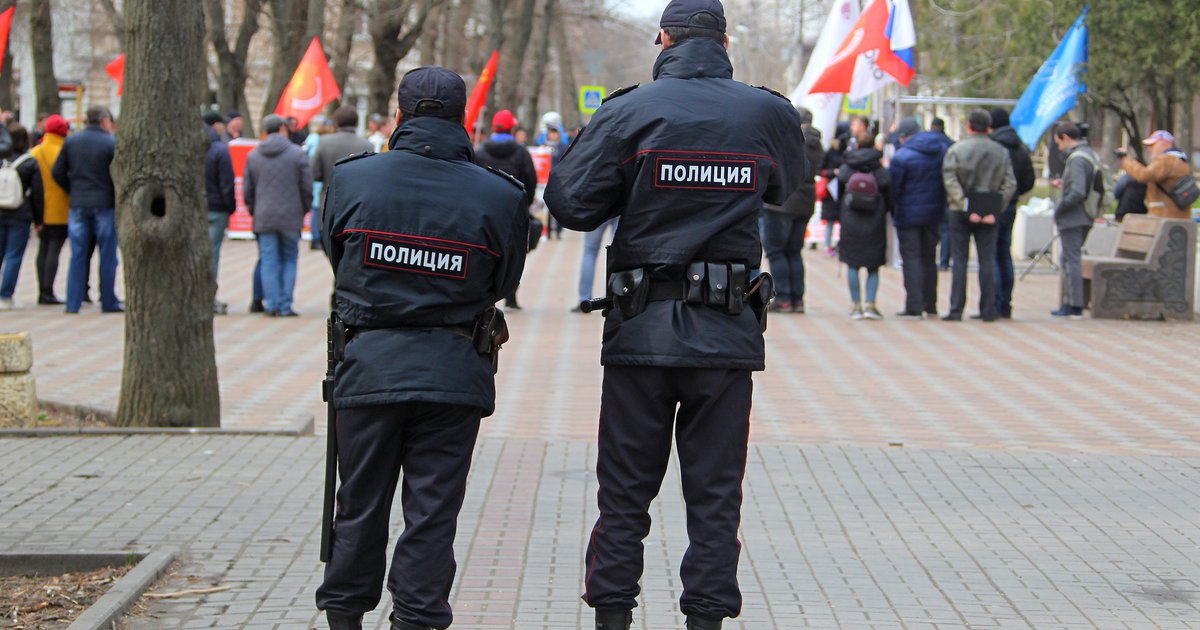After Shevchenko was arrested in 2019, her allies retreated from the public sphere. They prefer not to talk about their participation in the work of Open Russia. For members of other opposition movements in the city, the case against Shevchenko became another sign of intensifying repression.
“I realised that I was being watched when I made a critical post online about the Olympic flame, which was supposed to be delivered to Rostov. There was insanity for many months, and even more money was stolen, instead of training athletes. The police immediately visited my home to inform me that I was in danger of violating the law,” said activist Boris Papayan.
“My mobile phone is being tapped,” he claimed. “Once I decided to check how it works. I agreed to meet someone and sent an acquaintance with my phone instead. He took a long route, and I got to the meeting place early. After a while, a counter-extremism officer whom I recognised appeared, and what must have been a trainee officer nearby, too.”
By all accounts, the counter-extremism centre has a database of oppositionists. “I can definitely remember that activists have been under surveillance here since 2015,” says Elena Mishenina, who was not involved in political activity before then.
“At sanctioned protests, officers video and photograph all participants, every time. In 2015, the police tried to demand citizens hand over their passports so they could write their personal information down. But activists here have become more literate, now they refuse to show their passports.
“Law enforcement comes even when we change the location of a rally. They have access to mobile phone operators’ databases, and identify activists’ locations using that data.”
“The rats, the rats are coming!”
The recent nationwide protests in support of opposition politician Alexey Navalny, who last month returned to Russia after being poisoned in August 2020, have also found supporters in Rostov, which held its largest rally of the past decade on 23 January.
According to the city’s branch of Navalny’s anti-corruption movement, 4,000 people attended the rally – which was meant to be held outside the state public library, a traditional site for public protests, and one that is legally protected by regional legislation.
PrintPolina Efimova | Radio Free (2021-02-21T23:00:00+00:00) “The main tool of management is fear”: how this Russian city became a test site for political prosecution. Retrieved from https://www.radiofree.org/2021/02/21/the-main-tool-of-management-is-fear-how-this-russian-city-became-a-test-site-for-political-prosecution/
Please log in to upload a file.
There are no updates yet.
Click the Upload button above to add an update.
